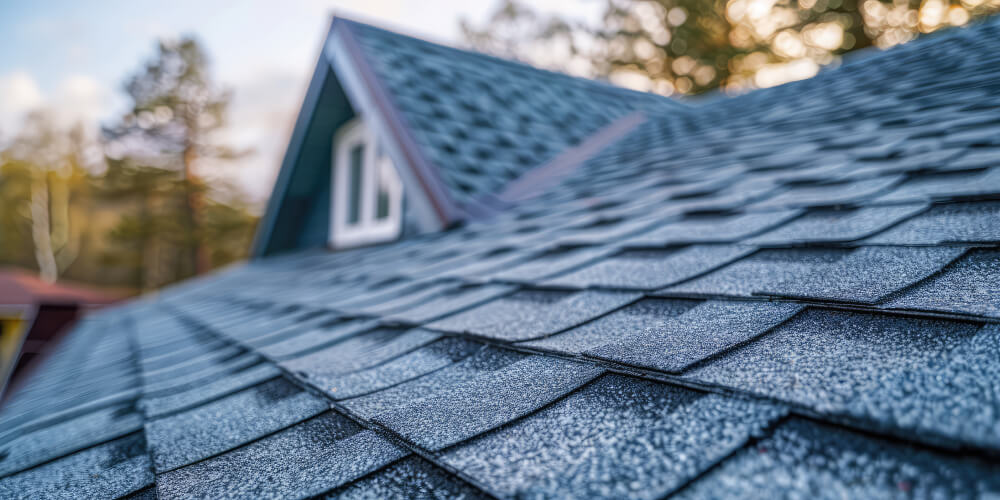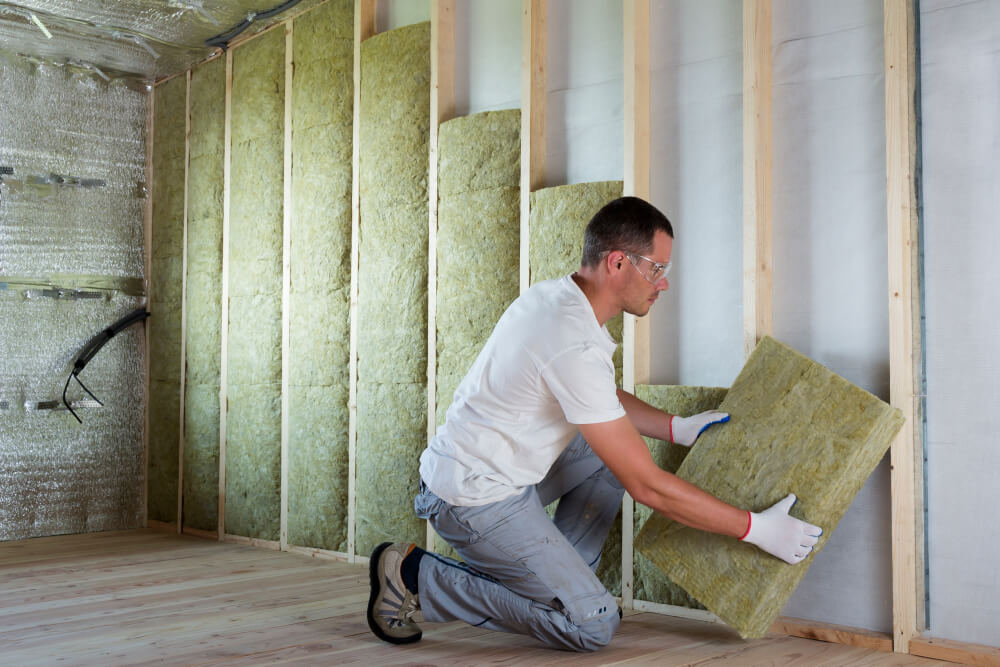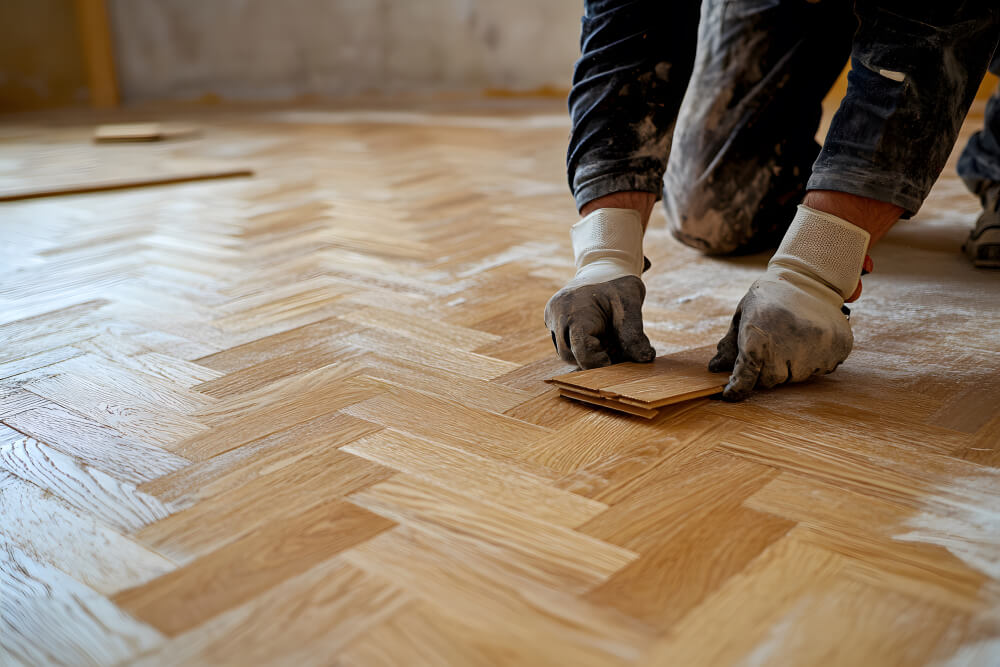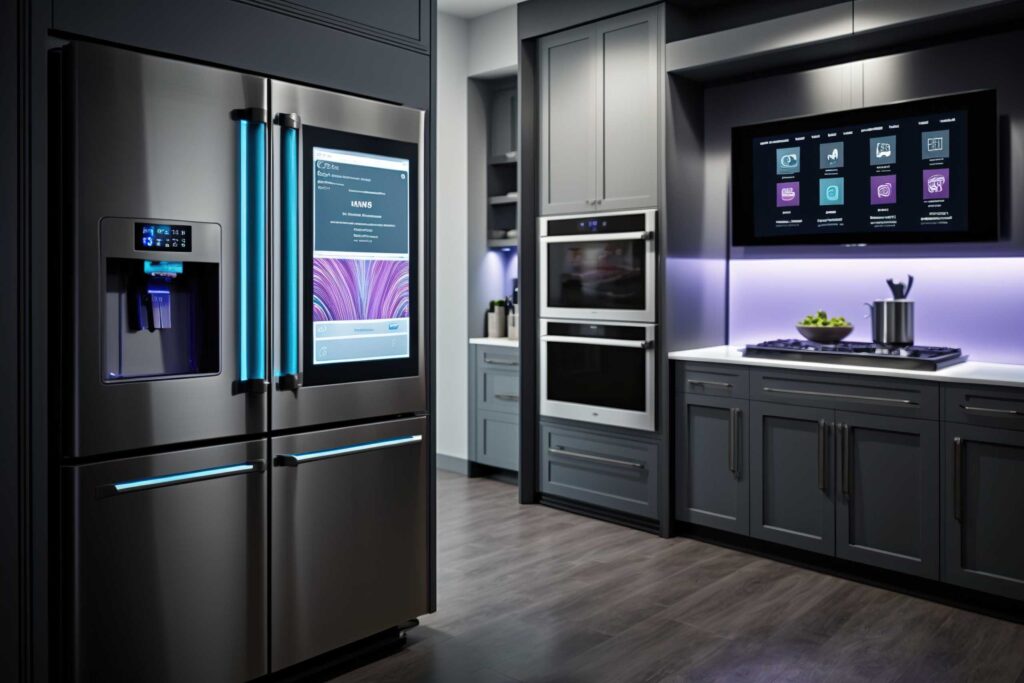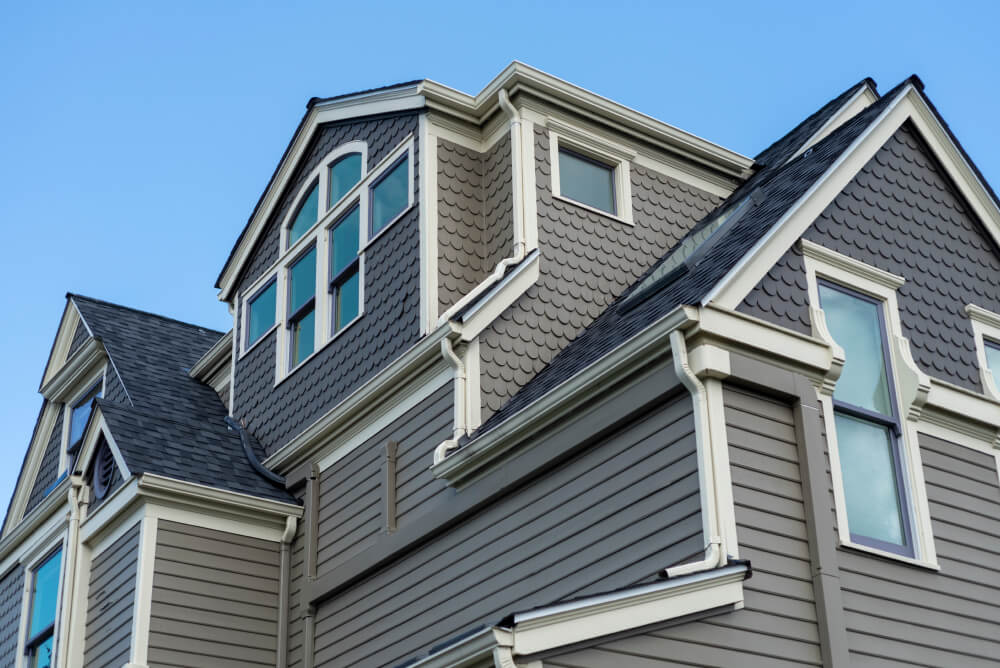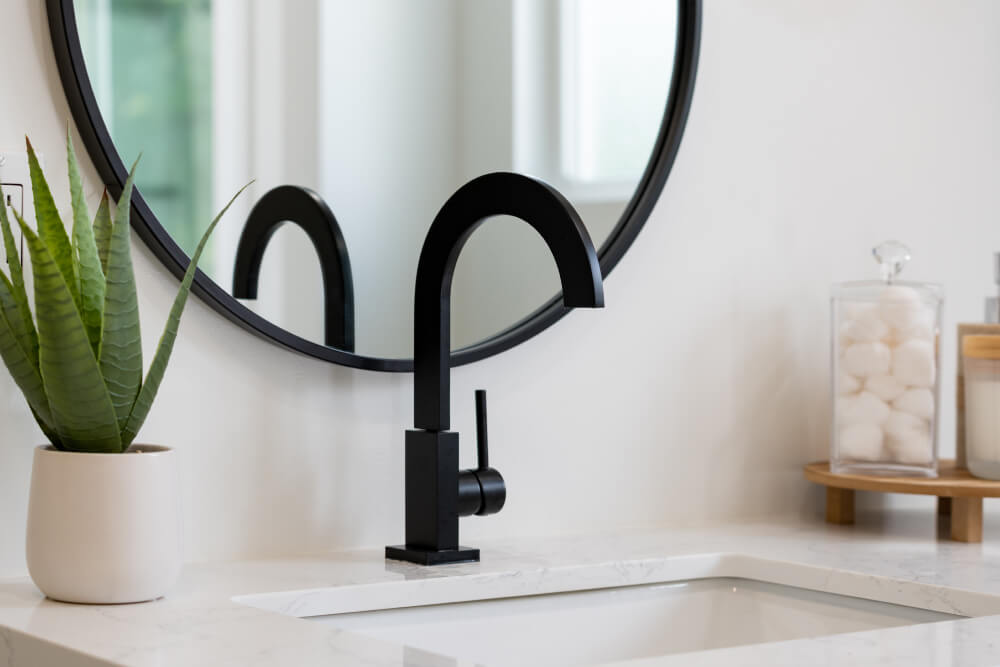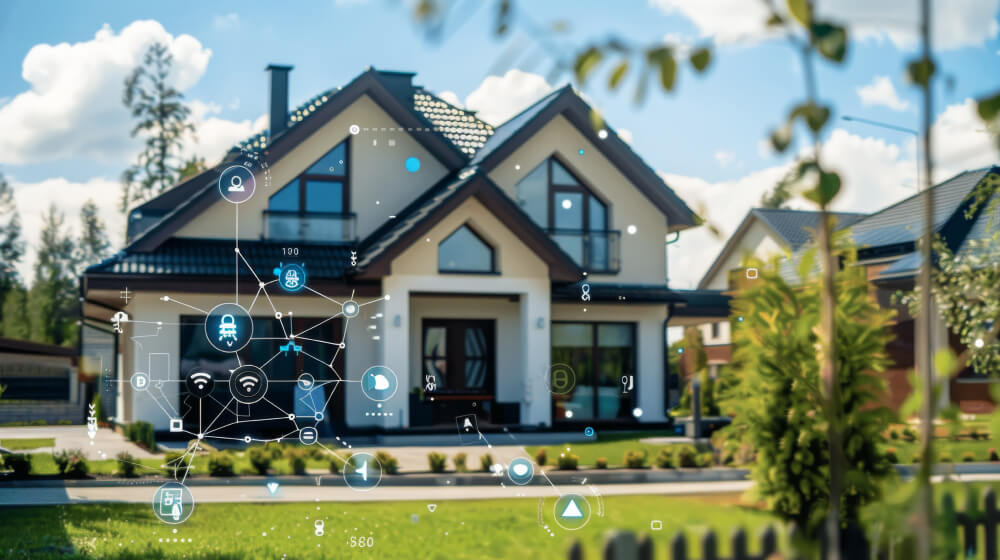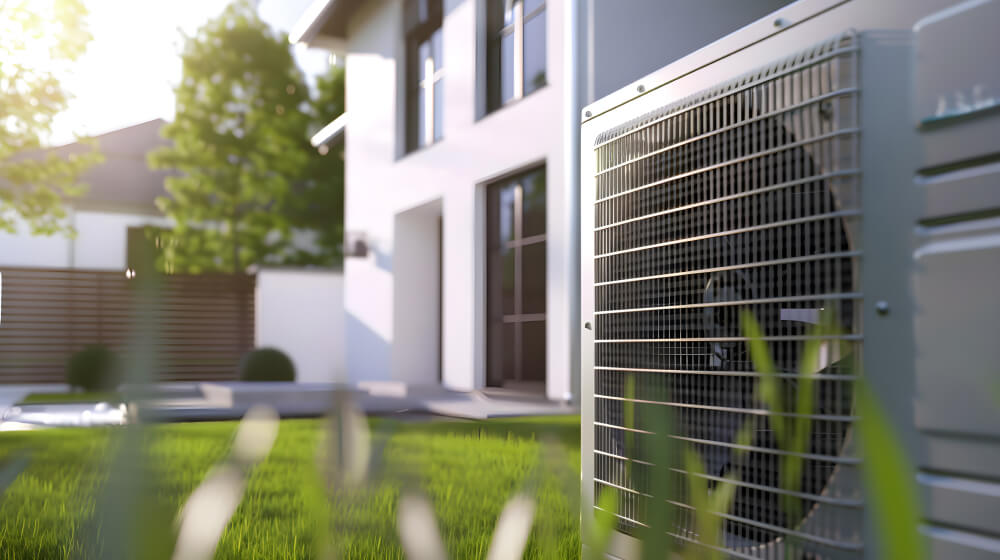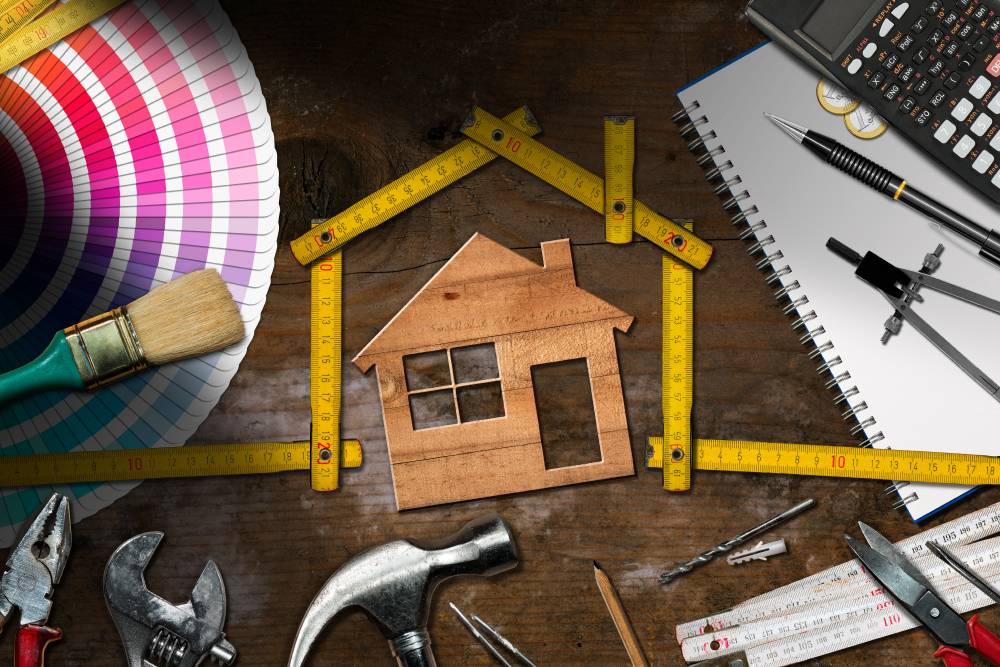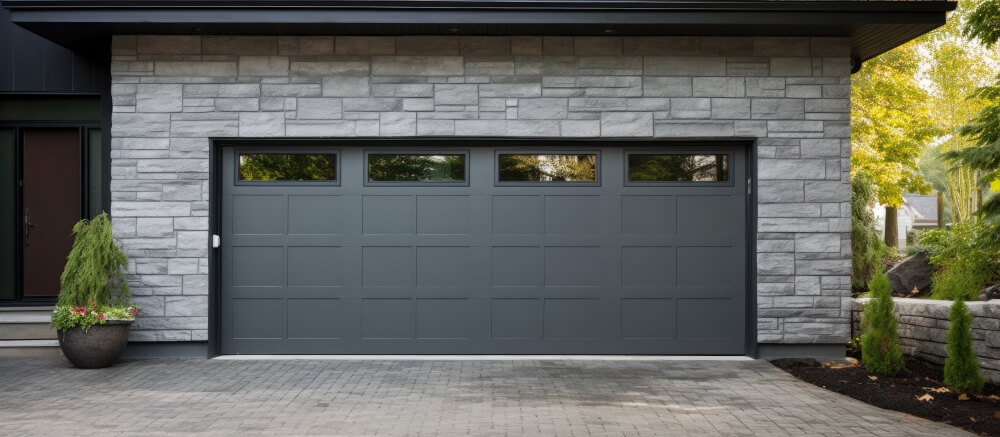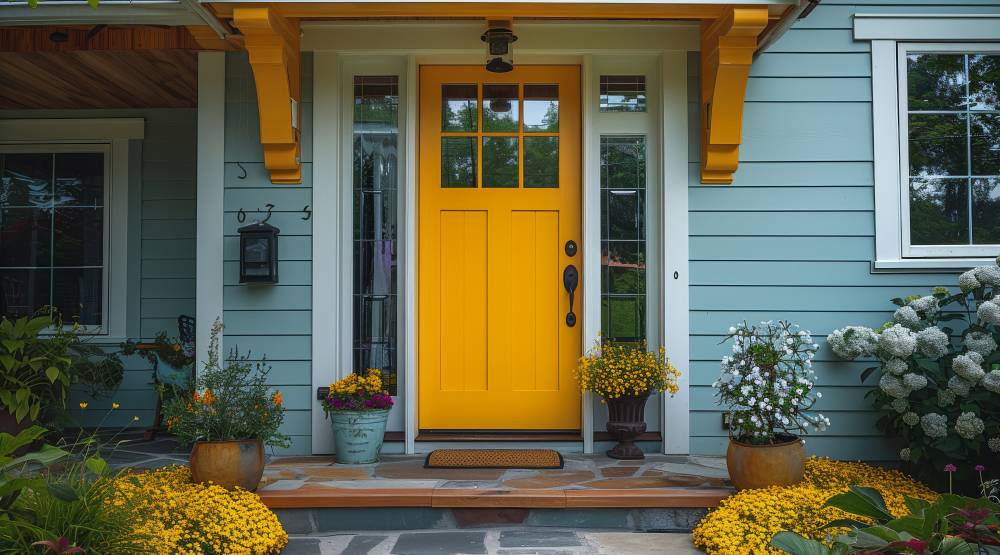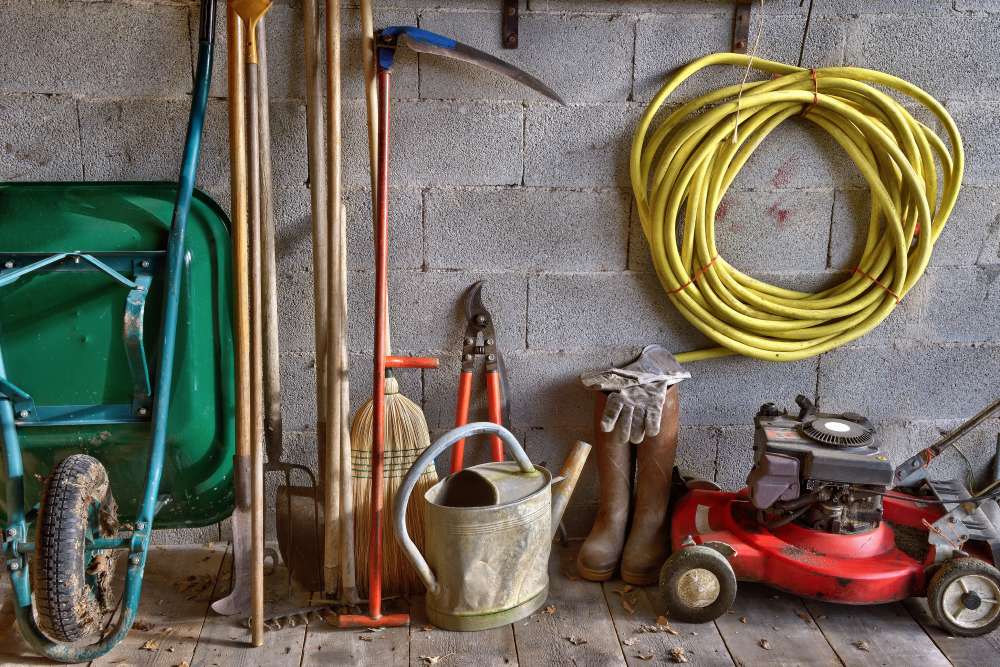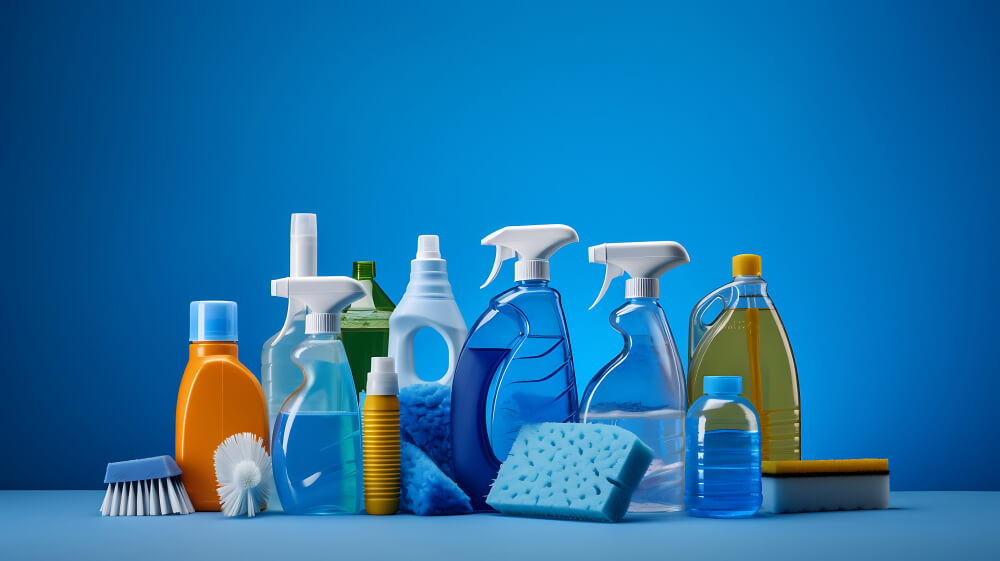1. Granite Countertops
Overview Granite is a natural stone that is mined from quarries and cut into slabs. Each slab of granite is unique, offering a variety of colors and patterns.
Benefits
- Durability: Granite is extremely durable and resistant to heat, scratches, and stains.
- Unique Appearance: Each slab of granite is one-of-a-kind, providing a unique and natural look.
- Value Addition: Granite countertops can increase the resale value of your home.
- Heat Resistance: Granite can withstand high temperatures, making it ideal for kitchen use.
Drawbacks
- Maintenance: Requires periodic sealing to prevent stains and maintain its appearance.
- Cost: Can be expensive, especially for high-end or rare varieties.
- Porosity: As a natural stone, granite can be porous and may absorb liquids if not properly sealed.
Join HICP Homeowner’s Alliance
Connect with experts, get special discounts and enjoy member benefits
2. Quartz Countertops
Overview Quartz countertops are engineered stone products made from a mixture of natural quartz crystals and resins. This process results in a durable and non-porous surface.
Benefits
- Durability: Quartz is incredibly hard and resistant to scratches and stains.
- Low Maintenance: Unlike natural stone, quartz does not require sealing and is easy to clean.
- Uniform Appearance: Engineered quartz offers a consistent look with a wide range of colors and patterns.
- Non-Porous: Quartz is non-porous, which means it is resistant to bacteria and mold growth.
Drawbacks
- Heat Sensitivity: Quartz countertops can be damaged by excessive heat, so it’s important to use trivets or hot pads.
- Artificial Look: Some people prefer the natural look of granite or marble over the more uniform appearance of quartz.
3. Marble Countertops
Overview Marble is a natural stone known for its luxurious appearance and timeless beauty. It has been used for centuries in architecture and design.
Benefits
- Aesthetic Appeal: Marble offers a classic and elegant look with its unique veining patterns.
- Heat Resistance: Marble is heat resistant, making it suitable for baking and cooking.
- Cool Surface: Marble remains cool to the touch, which can be beneficial for baking.
Drawbacks
- Maintenance: Requires regular sealing and maintenance to prevent staining and etching.
- Durability: Softer than granite and quartz, marble is more prone to scratches, chips, and stains.
- Cost: High-quality marble can be very expensive.
Comparison Overview
Durability
- Granite: Highly durable and resistant to heat and scratches, but requires sealing to prevent stains.
- Quartz: Extremely durable and resistant to scratches and stains without the need for sealing.
- Marble: Less durable, more prone to scratches and stains, and requires regular maintenance.
Maintenance
- Granite: Needs periodic sealing to maintain its appearance and prevent staining.
- Quartz: Low maintenance, easy to clean, and does not require sealing.
- Marble: Requires regular sealing and is more susceptible to staining and scratching.
Cost
- Granite: Moderate to high cost, depending on the rarity and quality of the stone.
- Quartz: Similar to granite in cost, but offers consistent pricing across different styles.
- Marble: Typically the most expensive option, especially for high-end varieties.
Aesthetic Appeal
- Granite: Offers unique, natural beauty with a variety of colors and patterns.
- Quartz: Provides a uniform appearance with a wide range of colors and patterns.
- Marble: Known for its luxurious and timeless look with distinctive veining.
Heat Resistance
- Granite: Highly resistant to heat, ideal for kitchen use.
- Quartz: Can be damaged by excessive heat, so care is needed.
- Marble: Heat resistant, but more prone to scratching and staining.
Conclusion
Choosing the right countertop material for your kitchen depends on your priorities in terms of durability, maintenance, cost, and aesthetic appeal. Granite offers natural beauty and durability but requires periodic maintenance. Quartz provides a low-maintenance and durable option with a consistent appearance but can be sensitive to heat. Marble delivers unmatched elegance and heat resistance but demands regular care and is more susceptible to damage.
Consider your lifestyle, budget, and design preferences when selecting a countertop material. By weighing the pros and cons of granite, quartz, and marble, you can make an informed decision that enhances both the functionality and beauty of your kitchen.

